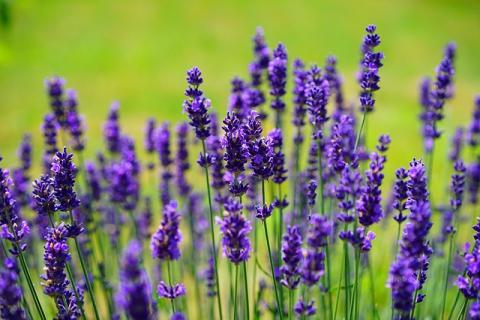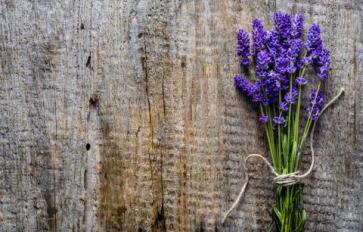
If you are suffering from insomnia, sleep can be a challenge. Tossing and turning, wondering if you're going to finally get some rest, or if the night will be like all those other sleepless nights is a terrible thing. Even for those that only have the occasional bout of a restless night suffer the consequences the following day.
I have had difficulty sleeping since I can remember. What should be the most calming portion of the day turns into a stressful situation. Getting enough exercise and clearing the mind before bed helps, but sometimes it just doesn't do the trick. I mean, one would think a 10-plus mile hike would send you off to dreamland pretty easy, right?
Despising the idea of taking prescription drugs, I have tried variations of natural remedies. Yoga, meditation, a hot shower, muscle relaxation, reading, and eating foods with tryptophan. If it was a natural recommendation, I tried it. Some I have found to work, others not so much. For those really tough nights, I have found that herbal remedies do the trick. While everyone is different, Valerian works the best for me. Along with Valerian, these herbs may be your ticket to a better night’s rest.
Lavender
The flowers of lavender have a soothing effect. When used as an essential oil, breathing in lavender can aid in drifting off to sleep by slowing down the nervous system. If you are interested in taking the aromatherapy route, lavender can work wonders.
Lemon Balm
A member of the mint family, lemon balm is known for having soothing, calming effects on the mind. The leaves are used to make supplements, teas, and extracts. In addition to sleep, it is taken for anxiety and upset stomachs. It is often used in combination with stronger herbs, such as valerian.
Passionflower
Improving sleep quality, passionflower is believed to increase the GABA chemicals in the brain. By doing so, the neurotransmitter reduces the nerve activity and increases the ability to sleep. Passionflower is often combined with other calming herbs, such as hops or lemon balm.
St. John's Wort
A mild sedative, St. John's Wort has been used to treat depression and sleep disorders. It calms the nerves and boosts serotonin. It can be used as a tincture, powder, or supplement. St. John’s Wort can interact with other herbs and medications, so check with your health care provider before taking this one.
Valerian
Used for anxiety and sleep, valerian root has been used as a sleeping aid for centuries. It is considered to be a sedative that is non-habit forming. If you have trouble falling asleep, valerian may be your answer. Along with inducing sleep, it is known for improving quality of sleep as well.
Next time you find your sleeping pattern out of whack, try one of these herbal remedies. It may just be the ticket to putting you back on track.








